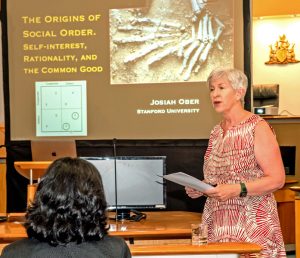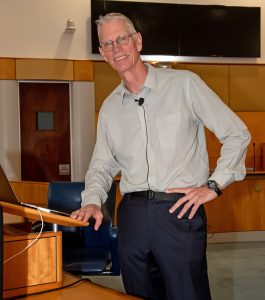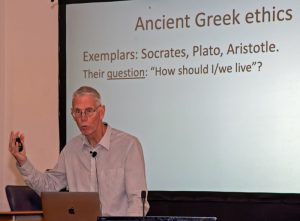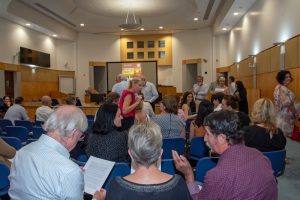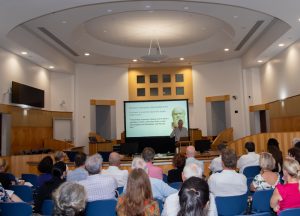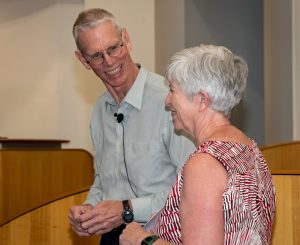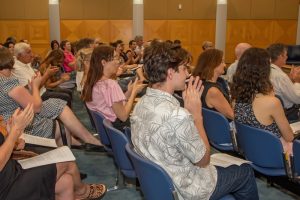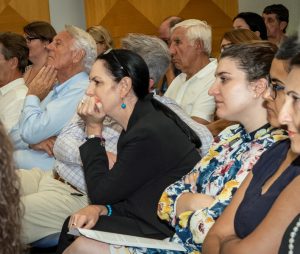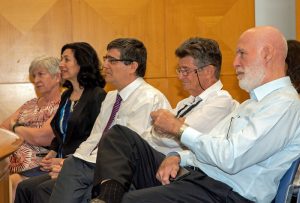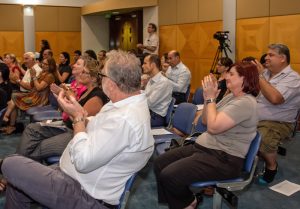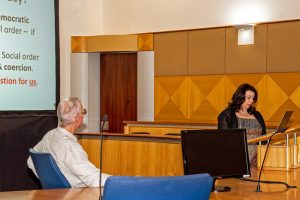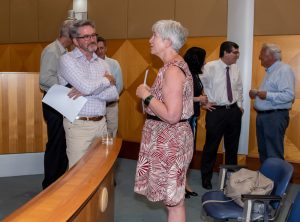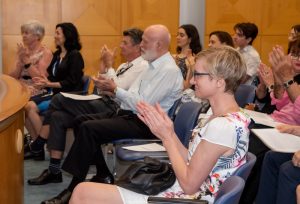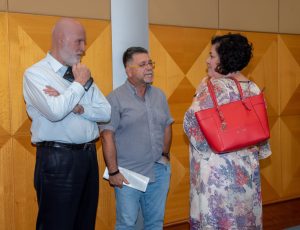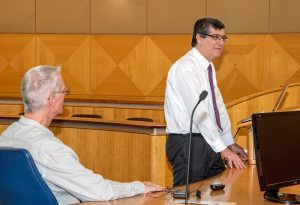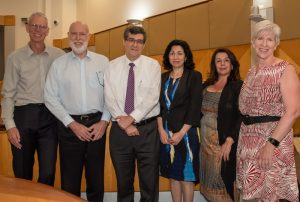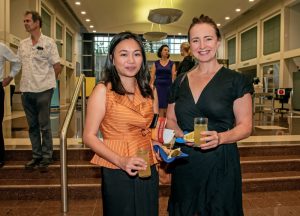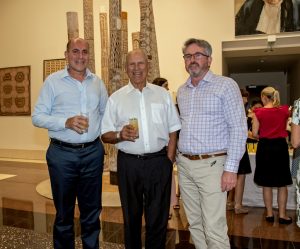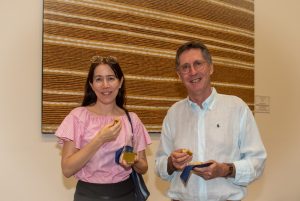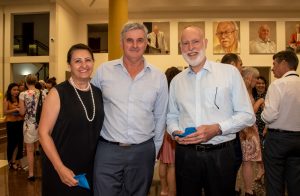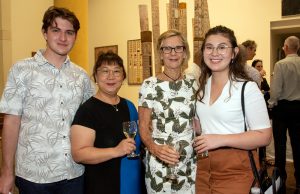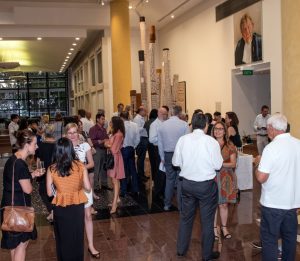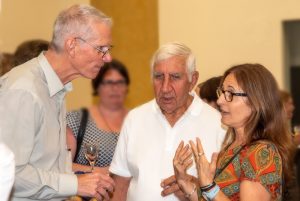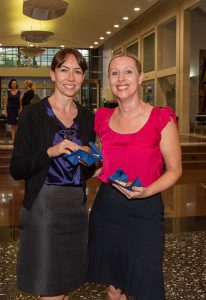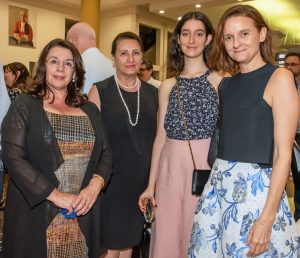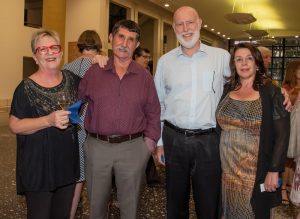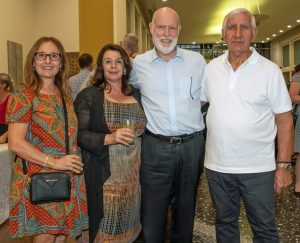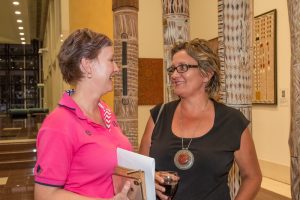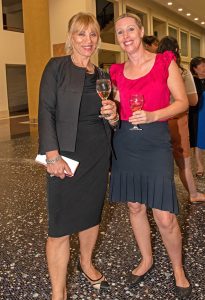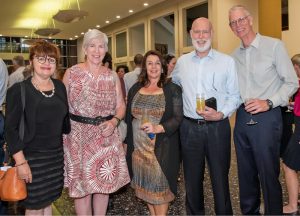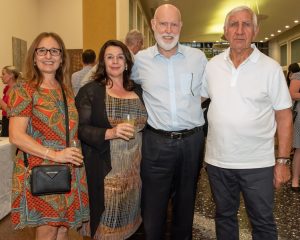Professor Josiah Ober, Mitsotakis Professor of Political Science and Classics at Stanford University, delivered this year’s Hellenic Australian Lawyers Association Northern Territory Chapter Oration.
Professor Ober spoke on the topic “The Origins of Social Order: self-interest, rationality and the common good”.
Those attending included NT Supreme Court Justice Jenny Blokland, NT Supreme Court Justice Judith Kelly, NT Supreme Court Justice Graham Hiley, ICAC Commissioner Kenneth Fleming QC, Justice Dean Mildren QC, Chief Judge Elizabeth Morris, Judge John Neill, Judge Therese Austin, ICAC General manager Matthew Grant, Liquor Commissioner Chairperson Richard Coates, Liquor Commission Deputy Chairperson Jodi Truman, Dr John Garrick – University Fellow in Law, CDU College of Business & Law, President of the NT Law Society Maria Savvas, Law Council Treasurer Tass Liveris, other eminent jurists, the National President of HAL Mr Mal Varitimos QC CBE, HAL Northern Territory Chapter Chair Suzi Kapetas and guests.
It was held on Wednesday 20 November 2019 at the Supreme Court of Northern Territory in Darwin and was followed by a reception.
Professor Ober works on the history of institutions and on legal and political theory, with an emphasis on democracy and on the political thought and practice of the ancient Greek world.
Synopsis of The Origins of Social Order: self-interest, rationality and the common good
How can rationally self-interested persons ever manage to cooperate in ways that allow for the emergence of law and order, and thereby the consolidation of a workable society?
Is extensive cooperation in a law-based regime possible without a lawless third-party enforcer?
Thomas Hobbes raised the first question and answered the second in the negative in his great work Leviathan.
They remain at the center of contemporary work by social scientists on rationality of choice and game theory. But 2000 years before Hobbes, and 2400 years before the invention of modern choice theory, Greek philosophers raised the same hard questions and answered them very differently.
Plato’s dialogues (and other Greek texts) offer a profound theoretical exploration of the question of why cooperation is difficult, how legal order arises without a lawless sovereign, the conditions under which people may rationally agree to obey the law, and under which they will actively join in costly punishment of those who violate the rules.
Professor Ober has provided source material relating to the NT Chapter Oration:
- Slides of his NT Oration presentation “The Origins of Social Order: self-interest, rationality and the common good“
- Handout material accompanying the NT Oration.


